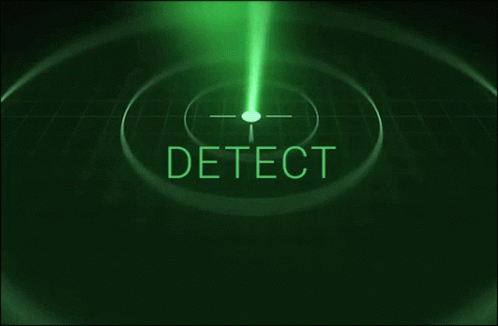
The Australian government recently announced that it is overhauling the existing cybersecurity plan started by the Morrison government. The overhaul will focus on the security and resilience of the country’s critical infrastructure and essential services.
According to the new Australian Minister for Home Affairs and Cybersecurity, Clare O’Neil, “Critical infrastructure assets are vulnerable to natural disasters and attractive targets for foreign interference, cybercriminals and other malicious actors who seek to do Australia harm.”
O’Neil added the previous year’s major incidents with Optus and Medibank exposed the flaws of the country’s cyber laws. She said that “In those events, we were meant to have at our disposal a piece of law that was passed by the former government to help us engage with companies under cyber attack.”
The minister also said the law needed to be better drafted. With the Optus incident, the government had no emergency response protocol and only acted on it because a cabinet minister was directly involved.
Prime minister Anthony Albanese noted that the government would discuss with cybersecurity experts, industry bodies, and researchers to develop more robust plans and laws. Albanese added that “the idea of bringing this group together to facilitate action and leadership across our economy, across our society to make sure we address what is a very real challenge indeed.”
The government is also looking into enhancing the Security of Critical Infrastructure Act. It aims to include customer data and systems. It will also give the government more power in intervening with significant data breaches. Other act updates will require entities to provide annual reports to the government, more robust compliance and regulatory rules, and mandatory cyber incident reporting.
O’Neil noted that revamping the act is essential as critical infrastructure assets are highly vulnerable to natural disasters and local and foreign cyber threats.
Recently, the government released an updated Critical Infrastructure Resilience Strategy, which provides a guide in protecting essential services and assets such as healthcare, water, and electricity suppliers.

More Stories
Killnet and AnonymousSudan Collaborate to Launch Cyber Attacks on Western Organisations
In recent news, it has been reported that two Russia-sympathetic hacktivist groups, Killnet and AnonymousSudan, have allegedly launched a series...
$4000 Gone In An Instant: Mother Defrauded in Facebook Marketplace Car Deal
A mother of four is warning others to be cautious after believing she had purchased a safe and dependable car...
Shocking Scam: Sydney Family Loses $200K Life-Savings in Suncorp Spoofing Fraud
A family from Sydney has lost their life savings worth $200,000 due to a fraudulent scam. Peter and Madison, who...
Mysterious Money Transfer Leaves Couple Speechless: How They Got an Unsolicited $4000
A young couple in Melbourne claims their bank is making up a personal loan they do not understand. Ashley and...
Phishing + AI + Voice Cloning= Big Trouble: The New Way Criminals are Stealing Your Money
New Alert: Criminals use AI and voice cloning to trick you out of your money. Earlier this year, Microsoft unveiled...
‘Impossible to Spot’ Delivery Scam Email Targets Australia Post Customers – Don’t Fall Victim!
Unsuspecting shoppers should be cautious as a parcel delivery scam that is hard to distinguish targets Australia Post customers. Email...


